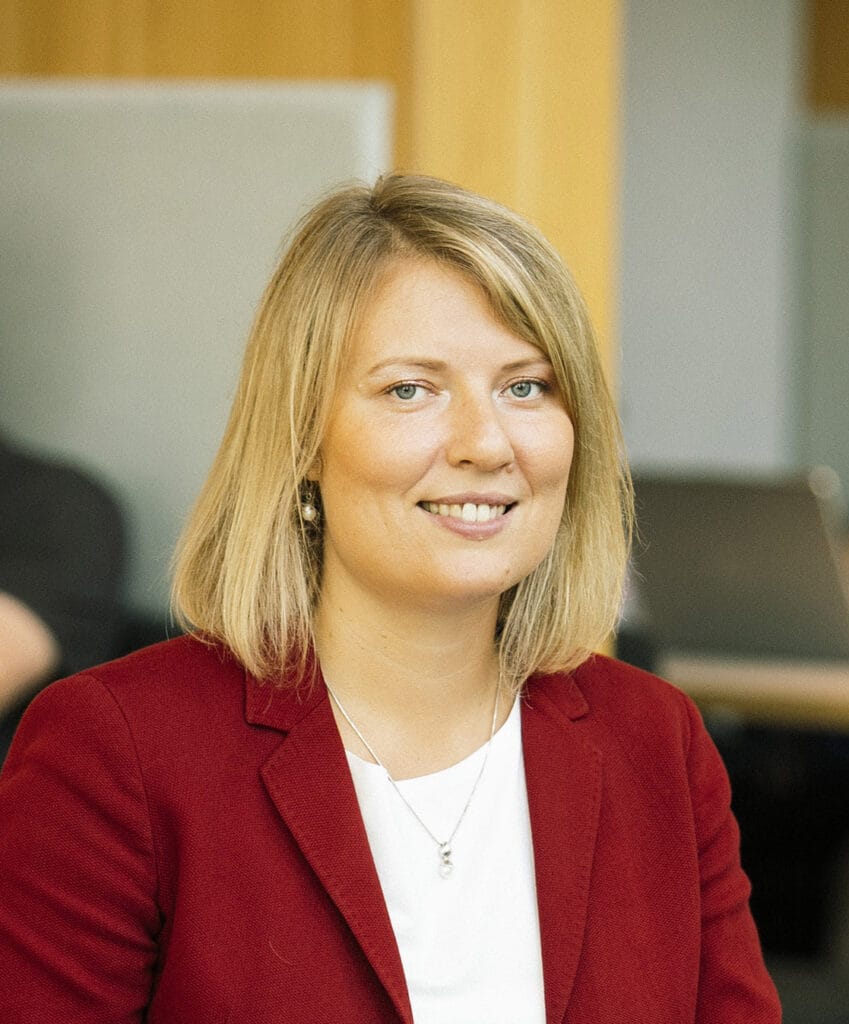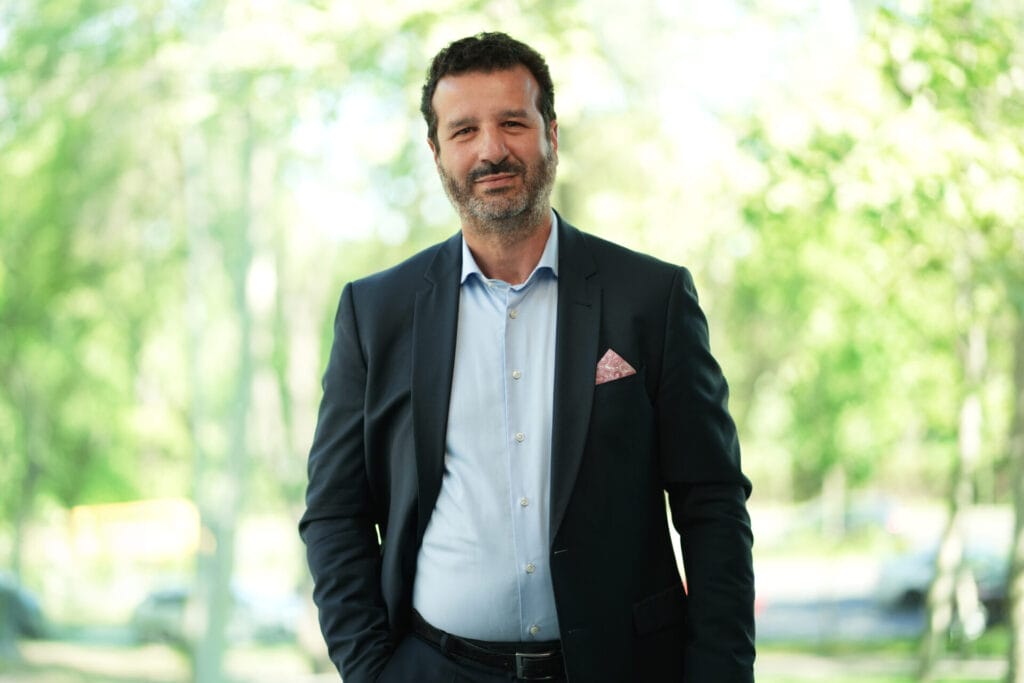Food systems both drive and are threatened by climate change. There is no choice between food security and environmental sustainability; they are one and the same. According to the UN, the climate emergency is increasingly impacting the lives and livelihoods of people and communities around the world. The climate crisis is one of the biggest challenges facing our society and business today. Companies need to act and be transparent to their stakeholders about their progress.
Representing roughly 1/3 of global emissions, food & agriculture have an essential role to play in tackling the climate crisis. More and more companies commit to the Science Based Targets initiative (SBTi) to accelerate on their decarbonization journey. Danone, one of the world’s largest food and beverage companies, sees decarbonization as an opportunity to innovate, strengthen its business resilience, and connect with consumers that are increasingly concerned about climate and looking to choose the products that can make a difference. The company’s ambition is to curb greenhouse gas emissions in line with 1.5°C and lead the way in the methane reduction. This is why Danone has become the first global company to align with the Global Methane Pledge. Methane has more than 80 times the warming power of carbon dioxide over the first 20 years after it reaches the atmosphere, and at least 25% of today’s global warming is driven by methane from human actions.

Global average abundances of the major, well-mixed, long-lived greenhouse gases – carbon dioxide, methane, nitrous oxide, CFC-12 and CFC-11 – from the NOAA global air sampling network since the beginning of 1979. These five gases account for about 96% of the direct radiative forcing by long-lived greenhouse gases since 1750. The remaining 4% is contributed by 15 other halogenated gases, including HCFC-22 and HFC-134a, for which NOAA observations are also shown here. Methane data before 1983 are annual averages from D. Etheridge [Etheridge et al., 1998], adjusted to the NOAA calibration scale [Dlugokencky et al., 2005].
The dairy industry plays a key role in mitigating methane emissions produced by cattle. 90 to 95% of the methane cows release comes out of their mouths, while 5 to 10% is released in manure and flatulence. According to the United Nations’ Food and Agriculture Organization, livestock — including cows, pigs, sheep and other animals — are responsible for about 14.5% of global greenhouse gas emissions.
Cutting methane emissions is the fastest opportunity we have to immediately slow the rate of global warming. Acting now will have immediate benefits to the climate that reductions in carbon dioxide cannot provide on their own.
By 2050, around 10 billion people will live on our planet. Therefore, the need for healthy, sustainable food production that respect the people and animals behind the food, and planetary boundaries is becoming increasingly important. Climate change is accelerating, and today agriculture represents around 24% of the world’s greenhouse gas (GHG) emissions and uses 70% of freshwater resources. Conventional farming, the most common farming model seen globally today, has shown its limitations: soil quality is degrading, biodiversity and species are disappearing, water quality is declining, and water scarcity is increasing. Danone believes that regenerative agriculture is the solution. A holistic approach with 3 dimensions: people, planet, and animals, that works with nature to maximize agriculture’s benefits and outputs by improving soil health, biodiversity, and water, while promoting animal welfare and farm resilience and viability. Building soil organic matter on croplands and rangelands sequesters carbon in soils, which helps mitigate the effects of climate change while potentially providing co-benefits for soil health and increased adaptive capacity.
Changing the paradigm of what we eat and what agriculture models we support with our daily purchases will determine our future. Today, we have many opportunities to choose products with a significantly lower carbon footprint. Apart from dairy products, there are many plant-based alternatives, which are becoming more popular in many parts of the world.
We haven’t faced such an unprecedented crisis as Climate change since World War Two. Multiple scientific studies have proved several times that we, humans, are responsible for climate change. And only we have the capacity to solve it.
Ivan Holub – Head of Sustainability Danone CEE Region
Photo source: Danone ‘Chance for All’ farmer















